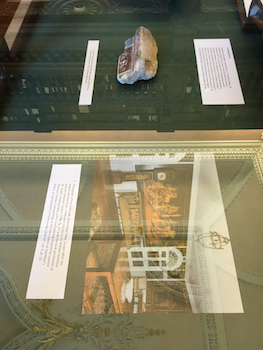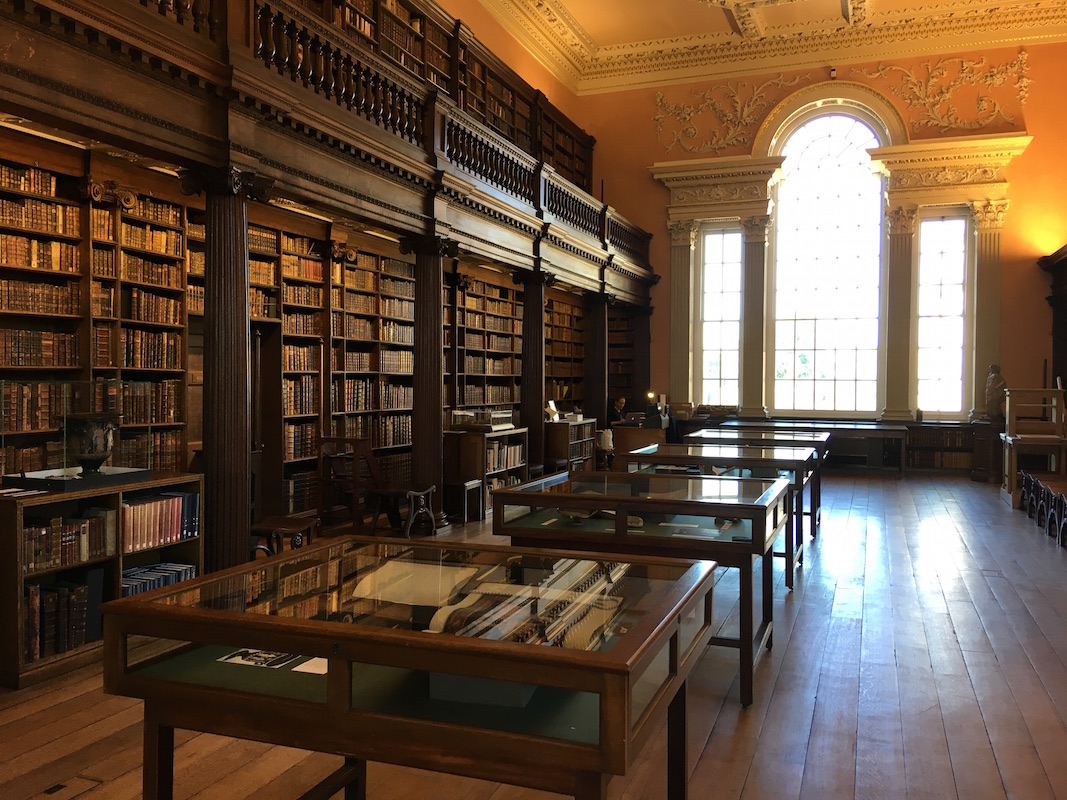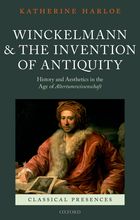Author: Dania Kamini. Edits: Bunny Waring.
Date: 19th March 2021.
Fear in Ancient Culture
The Department of Classics at the University of Reading is delighted to host the 15th Annual Meeting of Postgraduates in Ancient Literature (AMPAL) on Thursday 17th – Saturday 19th June 2021. The theme for this year is Fear in Ancient Culture.
Given the current travel restrictions and social distancing rules due to COVID-19, this year’s meeting will be held online on Microsoft Teams. In these strange times, the Organising Team of AMPAL 2021 is determined to preserve the engaging and interactive character of the event. To that purpose, we aim to transform this online environment into a welcoming setup in which postgraduate students in Ancient Literature from across the world can gather again (albeit virtually) and celebrate another year of research on Classics. This event is described as AMPAL 2021 in shorthand, but it also stands as AMPAL 2020-2021 since it aims to bring together already confirmed speakers due to present in AMPAL 2020 and new speakers joining the conference in 2021.
Keynote Speech (18th June 2021, 5pm): Fear of Revenge in Euripidean Tragedy by Professor Fiona McHardy.
It is with great pleasure that we announce this year’s AMPAL Keynote Speech will be delivered by Professor Fiona McHardy (University of Roehampton). Professor McHardy will speak about the fear of revenge in Euripidean tragedy. Through the exploration of contemporary ideas about young children and babies as avengers, underpinned by comparative anthropology and psychology, this lecture unravels the dynamics of fear associated with children within both the plays of Euripides and their literary and social contexts.
Virtual tour of the Ure Museum

This year’s AMPAL also includes a virtual tour of the Ure Museum of Greek Archaeology, our departmental museum founded by Percy and Annie Ure. In addition to the museum’s permanent displays, we are proud to host an online presentation of an inaugural student exhibit, Fear Beyond Words designed specifically for AMPAL 2020-2021. To register for this, please visit: https://collections.reading.ac.uk/ure-museum/explore/online-exhibitions/fear
Call for Papers
 Fear is a driving force behind human action, capable of pushing people to either exceed their own expectations or to prevent them from acting at all. As a powerful motivator, the emotion of fear had a pervasive presence in ancient life and thought. This is reflected in multiple ways throughout literature, juxtaposed with motivation, social interaction and power dynamics. Furthermore, as early as Aristotle’s Poetics, fear had already been understood as a ruling force and powerful notion for the construction of literary genres, especially tragedy. While evaluating the ancient literature as an integral part of understanding such a concept, the diverse influences of different fields of study, such as literary criticism, political theory, psychoanalysis, and philosophy, can add valuable insights.
Fear is a driving force behind human action, capable of pushing people to either exceed their own expectations or to prevent them from acting at all. As a powerful motivator, the emotion of fear had a pervasive presence in ancient life and thought. This is reflected in multiple ways throughout literature, juxtaposed with motivation, social interaction and power dynamics. Furthermore, as early as Aristotle’s Poetics, fear had already been understood as a ruling force and powerful notion for the construction of literary genres, especially tragedy. While evaluating the ancient literature as an integral part of understanding such a concept, the diverse influences of different fields of study, such as literary criticism, political theory, psychoanalysis, and philosophy, can add valuable insights.
In this context, AMPAL 2020-2021 invites presentations on fear from literary or interdisciplinary approaches. Questions as to how fear can be defined, the whos, how and whys of causing fear, how fear is related to other aspects of ancient thought, how the sense of fear grows or fades, how this notion forms the interaction among humans or between mortals and gods, and the role of language in the creation of a fearful or fear-free context, are all considered to be substantial aspects of this year’s theme.
Suggested topics on fear may include, but are not limited to:
– Fear and literary criticism, meta-poetical or reception analysis
– Fear and other emotions; fear disguised as other emotions; fear and the sense of respect; fear and related notions and experiences; fear and the five senses or other body reactions
– Cognitive and behavioural approaches to fear, and emotions in general
– Fear and the manipulation of memory
– Fear and the construction of myth and heroic profiles or/and social or political identity
– Fear and power play; the control of political dynamics; the promotion of political agendas and ideas
– Psychoanalytical approaches to fear; gendered fear; fear as a significant aspect of rites; fear as anxiety
– Fear of the other (Orientalism, Amazons etc.); philosophical approaches to fear; fear and the fundamental existential questions
– Depictions and illustrations of fear in ancient art and material culture
– Aspects, perceptions and depictions of fear in late antique and early Christian literature and thought; reception of the ancient concept of fear in early modern literature
The Department of Classics at Reading invites postgraduates of every level to submit an abstract of 250-300 words for a 20-minute paper followed by 10-minute discussion by the 25th of April 2021. Abstracts should be sent as an anonymous PDF to readingampal2020@reading.ac.uk. Please include your name, university affiliation, programme, and year of study in the body of your email and not in the abstract. AMPAL 2020-2021 is open to all undergraduate and postgraduate students in any relevant discipline as well as to the general public. Details on the keynote speech will be announced in due time.
All Welcome!
Please note that although our website and email address will maintain 2020 in their titles, they will remain the main communication paths for AMPAL 2020-2021 as well.
Further information on AMPAL 2020-2021 and all relevant events can be found at its website: https://ampal2020.wordpress.com/. Please keep an eye on AMPAL 2020-2021 website for further announcements. Feel free to follow us on Facebook and Twitter and spread the word!












